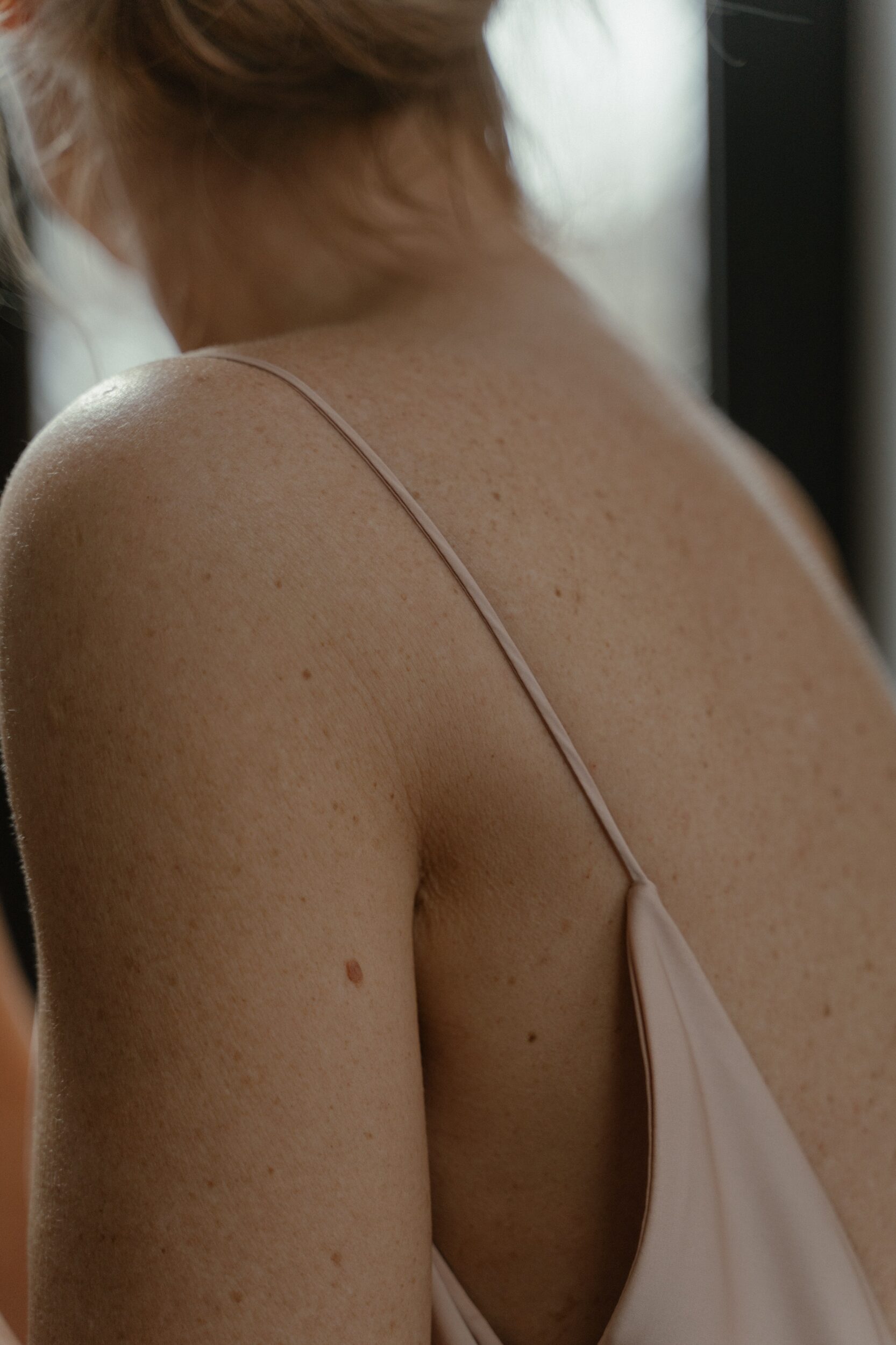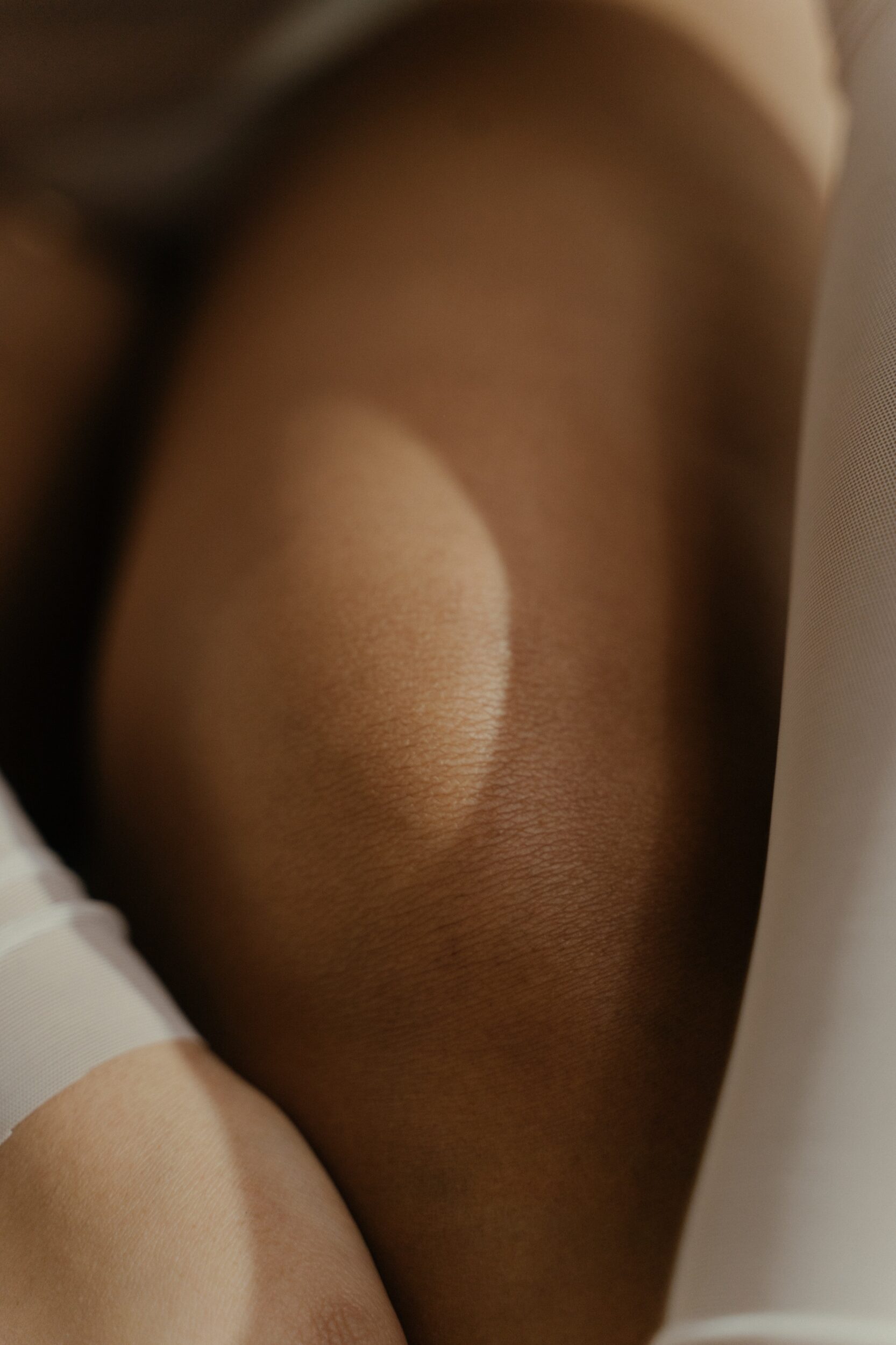Article originally published on September 21, 2016
Urticaria is a disease of the skin and mucous membranes characterized by the sudden appearance of red, fleeting and migratory papule plaques, strongly reminiscent of nettle stings.if who scratching intensely.
These papules disappear most of the time in 24 hours, but others can appear in different areas of the body for 48 hours. When the crisis lasts longer than six weeks, it is calledchronic urticaria. A doctor answered all of our questions about this dermatological condition.
What is chronic urticaria?
Even though she looks like him, thechronic urticaria is not an allergy. Dr. Laurent Martin explains a Lose :
For a non-specialist, the clinical signs of chronic urticaria may suggest an allergy, but it is an inflammatory skin disease and affects approximately 1% of the population.
People with atopy, which is a predisposition of the body to develop eczema or asthma, are more likely to be affected. Women are also more likely to be affected from chronic urticaria compared to men, with a ratio of two women to one man.

What are the causes of chronic urticaria?
The appearance of urticaria is due to aa excessive fragility of some blood granule cells and connective tissues called mast cells. These mast cells, which are activated for no apparent reason, pour various substances into the blood and skin, including histamine, which are responsible for papules and itching.
” In the event of an allergy, the body will activate an immune reaction to an allergen, a “threat”. For chronic urticaria, it is only mast cells that secrete histamine to their liking »Explains the doctor.
We are talking aboutchronic inducible urticaria when a trigger has been identified (cold, heat, certain foods, stress, pressure, etc.) echronic spontaneous urticaria in the absence of an identified triggering agent.
Can chronic urticaria be treated?
Between 25 and 50% of people have already had or will have a bout of hives in their life. Once this crisis is over, they may never have it again or it will evolve into chronic urticaria, as for about 1% of the population.
As for the hope of recovery, Dr. Martin prefers to remain cautious:
Unfortunately, at present, we don’t know how to cure hives. For half of the people, it is the disease that decides on its own to disappear after a few years. In the other half, the disease can continue to manifest itself for ten or even twenty years. It really is case by case.
Although not officially recognized, chronic urticaria significantly alters the quality of life of patients and it can become disabling. Affected people, who are destitute, also tend to withdraw into themselves and avoid interactions. It is therefore important to consult a dermatologist or general practitioner as soon as the first symptoms appear.
The prescribed treatment, based on antihistamines, will allow to eliminate the symptoms of the disease and thus significantly alleviate the pathology. If the results are not satisfactory, other non-invasive protocols can be tested to control seizures. The most important thing is to make an appointment and not give up if the first results are disappointing.

How to live with chronic urticaria?
Although it is impossible to prevent an attack (unless you have an idea of the triggering factor, as is the case with chronic inducible urticaria), there are some tricks to control itching, soothe the skin and avoid tearing it to shreds with well-manicured nails:
- Avoid wearing clothes that are too close to the body and / or that scratch, such as heavy wool sweaters.
- Avoid showers and baths that are too hot.
- Don’t overheat your living spaces and invest in an air humidifier.
- Relax, stress can be part of the agents that promote chronic urticaria.
- Apply an ice water compress to the skin to soothe the itch.
Good to know : corticosteroids should be avoidedas they tend to suppress the immune system and are not suitable for the treatment of chronic urticaria.
Front page photo credit: Darina Belonogova on Pexels
Source: Madmoizelle
Ashley Root is an author and celebrity journalist who writes for The Fashion Vibes. With a keen eye for all things celebrity, Ashley is always up-to-date on the latest gossip and trends in the world of entertainment.




